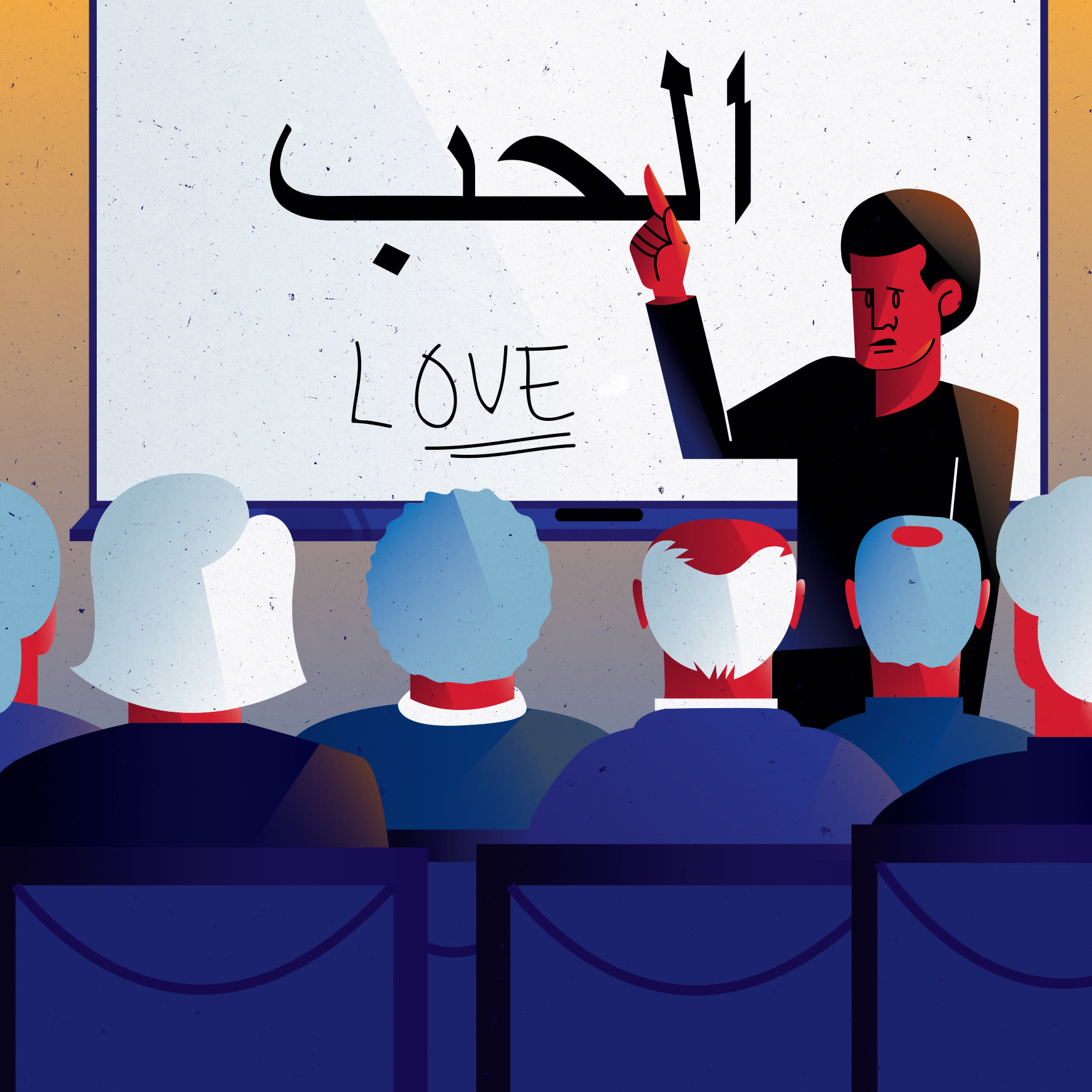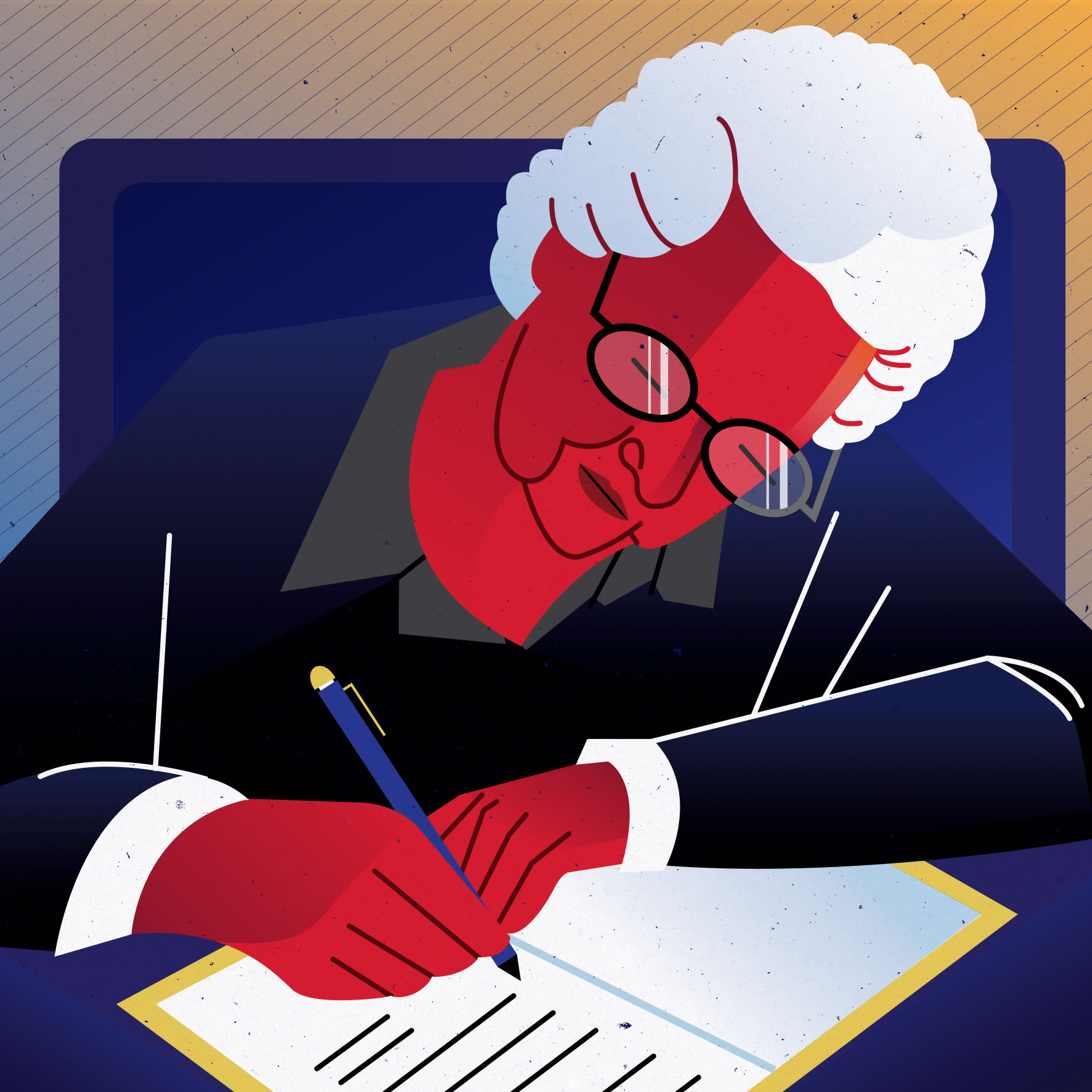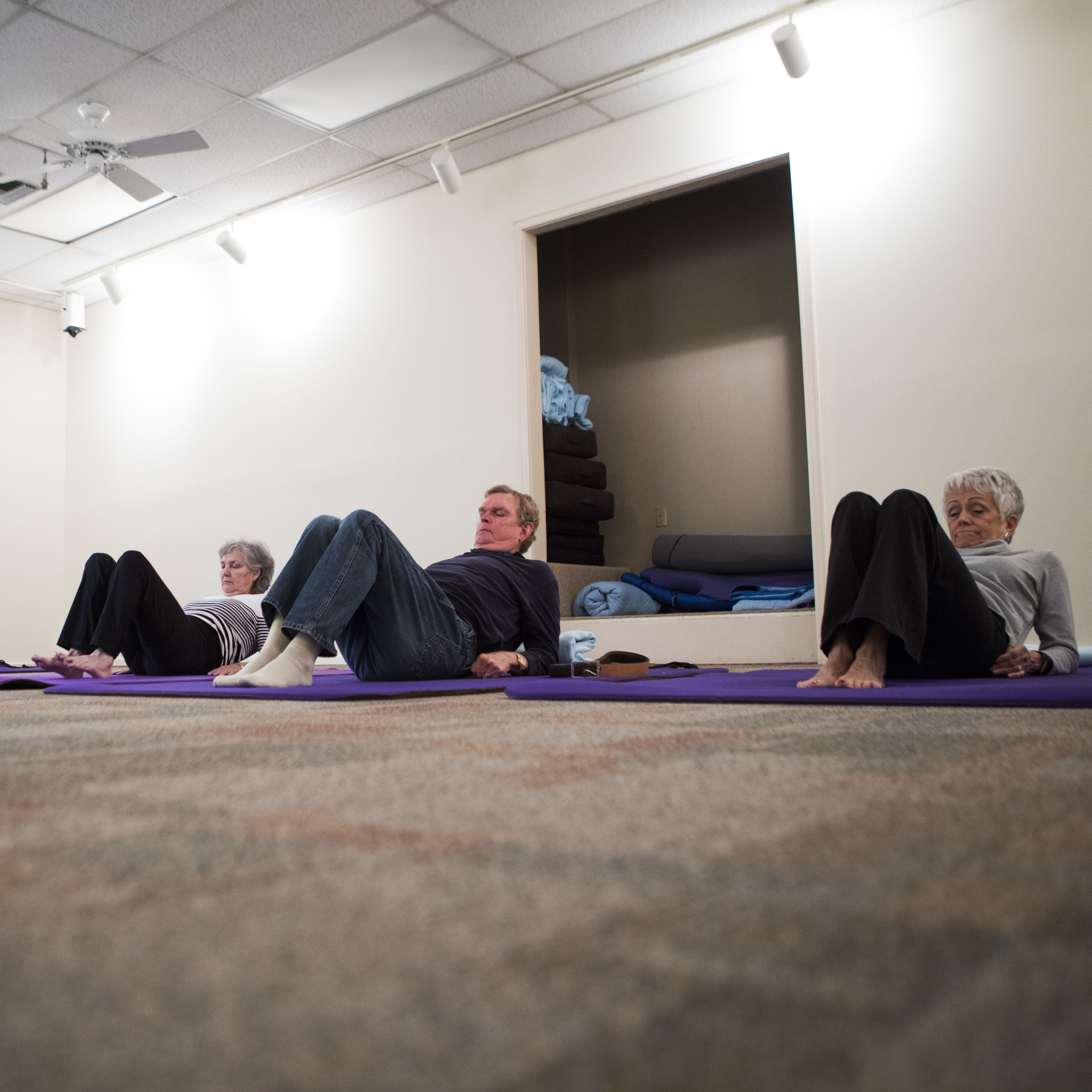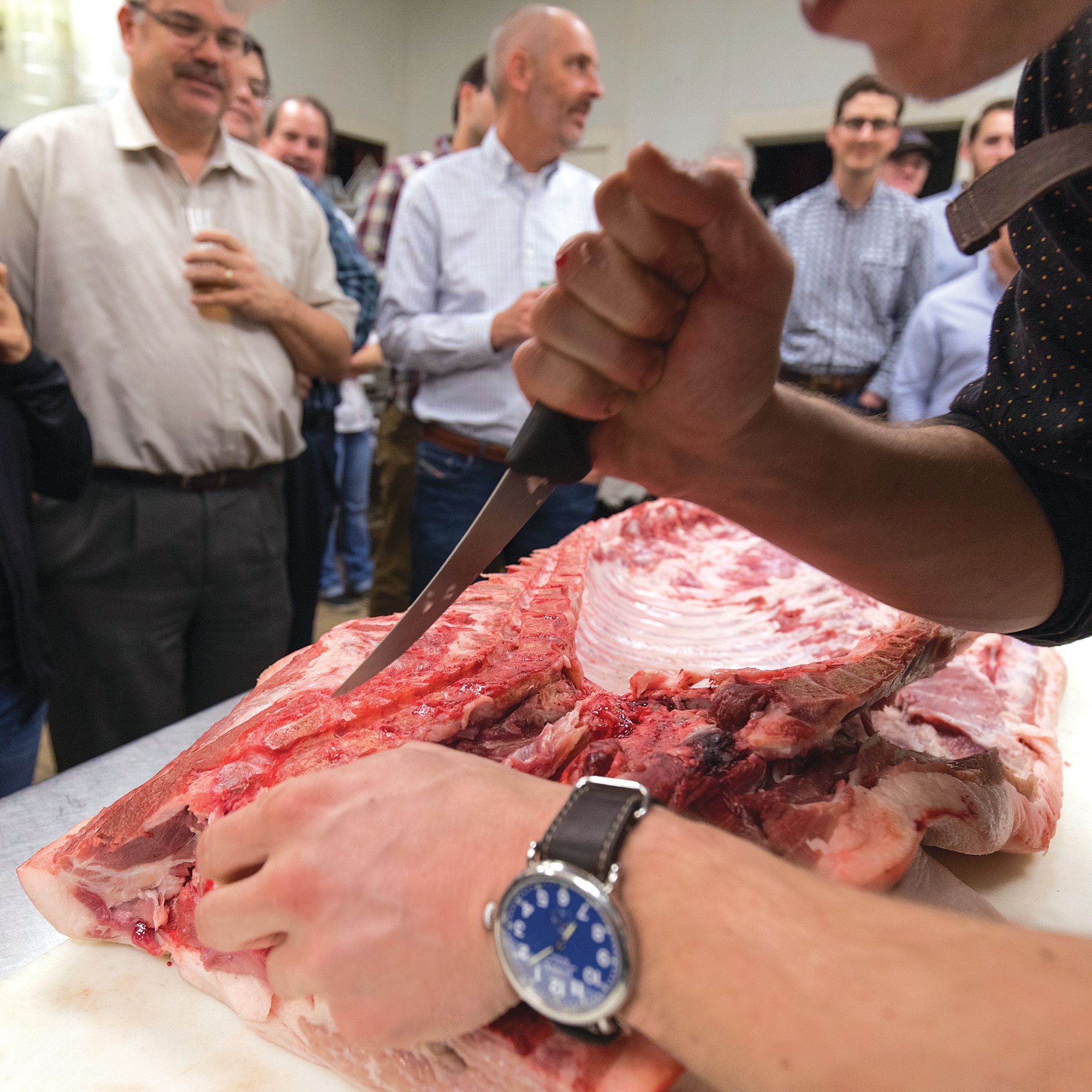This Non-Traditional Graduate Program at Rice University Appeals to Students of Life
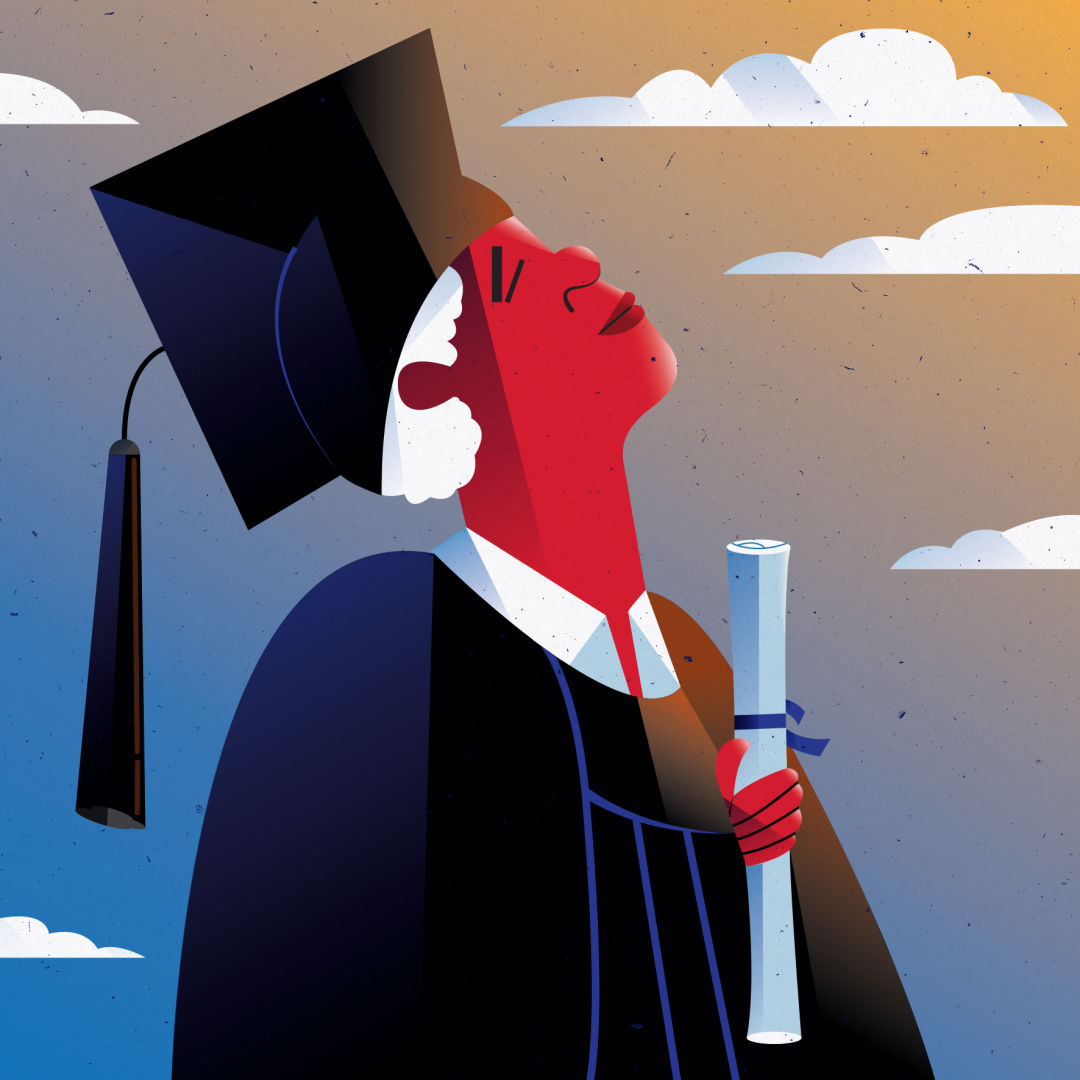
Image: Thandiwe Tshabalala
Students of all ages stream into Rice University’s Hudspeth Auditorium for a lecture on Plagues and Populations by Rice biosciences professor Dr. Alma Moon Novotny. A dozen or so are already enrolled in the university’s Glasscock School of Continuing Studies and pursuing their Master of Liberal Studies (MLS) degree. The rest of us, mostly working adults, are just here to find out if this is the master’s program we’ve been looking for, the one that we could finally fit into our busy lives without another round of student loan debts.
We are also here, whether we know it or not, for the plush toys—each representing a different dangerous microbe—that Novotny tosses to students who ask questions. I ask about antibiotic resistance and receive a bulbous golden MRSA Superbug wearing a shiny black cape. If my undergraduate courses were this much fun, I think to myself, I probably wouldn’t have ended up on academic probation sophomore year.
Such is the allure of the MLS program, which offers interactive, discussion-oriented courses from Rice faculty on topics as interesting and varied as the “Theory and Practice of Punishment” and “The Hebrew Bible and Its Interpreters.”
What attracts the students, Dean Mary McIntire says, goes beyond plush toys and a surprisingly affordable route to a master’s degree, which costs roughly $30,000 depending on how fast you finish. “They’re looking for an experience that is enriching,” says McIntire. “What I think the MLS program does is help people develop a talent that they have, that may not be obvious, and help them get where they want to go personally or professionally.”
Traditionally, the program—which has turned out 120 graduates since its inception as a part of the Glasscock School in 2005—has attracted later-in-life students looking to enhance their own lives and vocations as doctors, lawyers, engineers, even heads of corporations and non-profits. “The number one skill employers are looking for are communication skills.” And that’s what the MLS program teaches, through courses that emphasize critical thinking and writing.
“People really get better at some of the things that they do,” says McIntire, “especially analysis and multi-disciplinary problem solving.”
Never Stop Learning at Glasscock
The 50-year-old Glasscock School offers everything from non-profit leadership studies to language programs. While students can accrue continuing-education course credits here, many Houstonians sign up for courses simply to learn something new. Here are four ways to sharpen your mind this semester:
Agree to Disagree
Comparative ethicist Dr. Elizabeth Barre led a highly popular Rice undergrad course on the same topic—“Democracy and Disagreement”—in 2016, focusing on the importance of constructive disagreement in a democratic society and the obligations of American citizens to understand their own ethical commitments as they encounter those that differ from their own.
Ponder the Future
Wondering if the city will ever stop flooding? Well-known environmental attorney Jim Blackburn leads “Full World: Houston’s Economic and Ecologic Future,” a course on how to reconcile Houston’s energetic spirit of sprawl with the fact that our natural resources can’t handle the demands of endless expansion.
Focus on Faith
Houston is home to one of the largest Hindu communities in the nation, and with over a billion faithful across the world, it might be time to learn about this “lived” religion, as Dr. Sravana Borkataky-Varma describes it in her class “Living Hinduism: Lessons for People of All Faiths.” In addition to teaching students about Hindu gods and goddesses, rituals, and the roots of yoga, Borkataky-Varma takes them on a field trip to the Houston Durgabari Society.
Talk Talkies
Find yourself listening to cinematic soundtracks more frequently than any other genre? “Movies and Music” examines the ways music has influenced film and provides a history of the role of sound in bringing “talkies” to the forefront of cinema.
